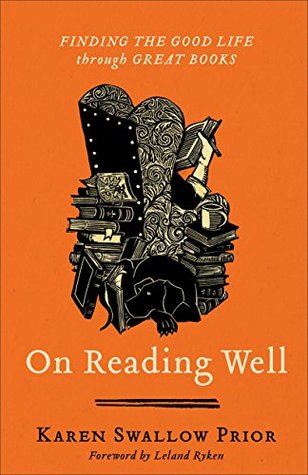in Fielding’s view, Richardson’s message in Pamela is that virtue is not a good in and of itself but is proven in being rewarded—by marriage, wealth, advancement, or praise (or in the case of Pamela, all four). Pamela offers a more complicated picture than Fielding gives it credit for, but his reading of the novel effectively demonstrates how easily morality slips into moralism, how finely drawn the line is between the law and legalism, and how readily the promise of blessings is mistaken as a contract for material prosperity.
Welcome back. Just a moment while we sign you in to your Goodreads account.


